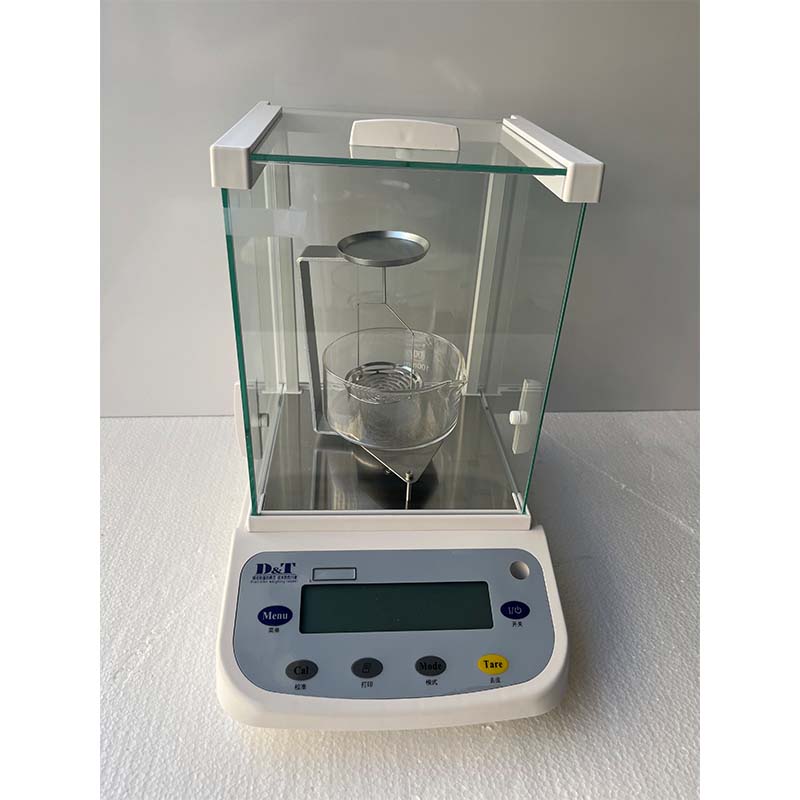Custom Tensile Force Measurement Testing Equipment for Accurate Material Analysis and Quality Control
Custom Tensile Force Tester Ensuring Quality and Precision in Material Testing
In the realm of materials science and engineering, understanding the tensile strength of materials is crucial for ensuring quality and reliability in various applications. Whether in construction, manufacturing, or product development, the ability to accurately measure how much force a material can withstand before failure is vital. This is where custom tensile force testers come into play, offering tailored solutions that meet specific testing requirements across diverse industries.
The Importance of Tensile Testing
Tensile testing, also known as tension testing, is a fundamental mechanical test used to measure a material's response to tensile (pulling) stress. By determining the material's ultimate tensile strength, yield strength, elongation, and reduction of area, engineers can predict how a material will behave under different loads and conditions. This information is essential for ensuring safety, performance, and compliance with industry standards.
Different materials exhibit various properties; therefore, standardized testing methods might not suffice for all applications. Custom tensile force testers allow companies to adapt testing parameters, such as gauge length, strain rate, and environmental conditions, to match their specific material and application needs.
Features of Custom Tensile Force Testers
1. Tailored Design Unlike off-the-shelf solutions, custom tensile force testers can be designed to accommodate specific material types, shapes, and sizes. This level of customization facilitates accurate and relevant test results that are reflective of real-world conditions.
2. Advanced Technology Many custom tensile testers incorporate state-of-the-art technology such as digital load cells, extensometers, and data acquisition systems. These technologies enhance precision and enable real-time monitoring of the material’s response during testing.
3. Flexibility in Testing Standards Industries such as aerospace, automotive, and construction often have specific testing standards that must be met, such as ASTM, ISO, or DIN regulations. Custom tensile testers can be designed to comply with these standards, ensuring that the results are valid and accepted by regulatory bodies.
4. User-Friendly Interfaces Modern tensile testers often come equipped with intuitive software that simplifies the testing process. Users can easily configure tests, monitor data in real-time, and generate comprehensive reports without needing extensive training.
custom tensile force tester

5. Integration Capabilities Many businesses are now looking to integrate testing equipment with their existing systems for seamless data management. Custom tensile testers can be created to interface with other laboratory equipment or enterprise resource planning (ERP) systems, streamlining workflow and enhancing efficiency.
Applications Across Industries
The versatility of custom tensile force testers makes them invaluable in numerous sectors
- Construction In the construction industry, materials such as steel, concrete, and composites are regularly tested for tensile strength to ensure structural integrity. Custom setups can test large samples or specific component designs.
- Automotive The automotive industry heavily relies on tensile testing for safety and performance. Custom testers can evaluate various materials such as plastics, metals, and alloys used in vehicle manufacturing, helping to ensure that components can withstand operational stresses.
- Aerospace Aerospace applications require materials to perform reliably under extreme conditions. Custom tensile testers can simulate these environments, providing critical data needed for certifications.
- Medical Devices In the medical field, materials must meet stringent safety standards. Custom tensile testing can assure that materials used in devices, implants, and prosthetics meet the necessary guidelines for strength and compatibility.
Conclusion
In conclusion, a custom tensile force tester is an essential tool for industries that demand precision, reliability, and compliance in material testing. By investing in a tailored testing solution, companies can ensure that their products not only meet but exceed regulatory standards, boosting their reputation and customer trust. As technology continues to advance, the capabilities of tensile testing equipment will expand, enabling even more intricate and precise assessments of material performance. Ensuring that engineers and product developers have access to high-quality, customized testing solutions will ultimately foster innovation and safety across all sectors that rely on material integrity.
-
Why the Conductor Resistance Constant Temperature Measurement Machine Redefines Precision
NewsJun.20,2025
-
Reliable Testing Starts Here: Why the High Insulation Resistance Measuring Instrument Is a Must-Have
NewsJun.20,2025
-
Flexible Cable Flexing Test Equipment: The Precision Standard for Cable Durability and Performance Testing
NewsJun.20,2025
-
Digital Measurement Projector: Precision Visualization for Modern Manufacturing
NewsJun.20,2025
-
Computer Control Electronic Tensile Tester: Precision and Power for the Modern Metal Industry
NewsJun.20,2025
-
Cable Spark Tester: Your Ultimate Insulation Assurance for Wire and Cable Testing
NewsJun.20,2025
 Copyright © 2025 Hebei Fangyuan Instrument & Equipment Co.,Ltd. All Rights Reserved. Sitemap | Privacy Policy
Copyright © 2025 Hebei Fangyuan Instrument & Equipment Co.,Ltd. All Rights Reserved. Sitemap | Privacy Policy
